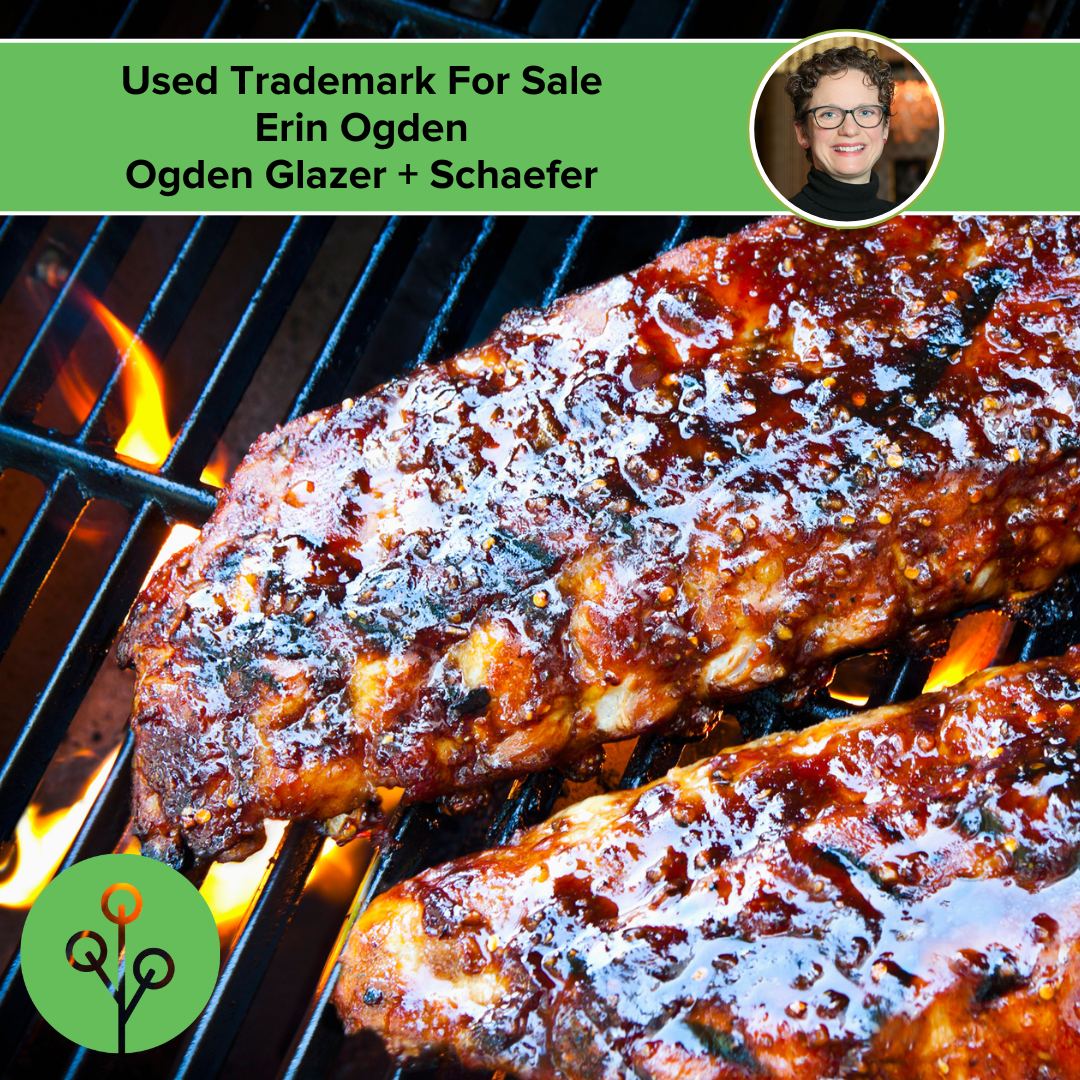Remember when I said that we’d have some follow-up to Carter’s Big Mac post? Well, here is one of those posts! Today, we’ll talk about what it means to “use” a trademark. Trademarks are creatures of the relationship between the source of a product and its customers. They don’t exist without the product or the customer. Both are necessary. You have to have a product (either a good or a service) and customers buying it. Specifically, you need customers that say “Hey, that’s the thing I want to buy (again and again)?” and tell others about it, too.
That means the customer needs to recognize the product as coming from the same source as the last time. Don’t care which barbeque sauce you use? Then you don’t care about the trademarks. If Bob’s Bitchin BBQ is the only sauce for you, then you deeply care that you aren’t confused and grab another (or that your spouse does). That means Bob has to use his mark on some sauce you can buy. If you can’t buy it, then you can’t create a customer relationship and build up all those good feelings around the product to buy it again.
So when we say you have to use your trademark, we mean you have to use your trademark in direct connection to the thing you are selling so someone who wants to buy it sees it, remembers it, and buys the thing. And repeat. So internal code name? Nope. Part of a sentence describing the thing? Nope. On a different product that is also sold? Nope. Customers have to see it directly connected to the thing being sold.
Want me to connect a mark to your barbeque sauce, use it when trying to sell me the barbeque sauce in a way I can remember it when at the store facing down an aisle of options. Or my other tried and true examples: My husband is a coffee snob. I don’t drink coffee. Want to set us both up for disappointment? Have me not know which coffee I am supposed to bring back from the store because all it says is “Light Roast” and a picture of a coffee bean. Want to see yourself drop in someone’s esteem? Give the wrong latest trendy toy to a 5 year old for their birthday. They know their trademarks. And toy companies know how to use their marks to build connections to their products and their target users.
In all of those examples, it means that mark is out in the real world, often on the goods or at least near them when it comes to purchase time, and customers can recognize it, use it, and remember it for the exact thing they are trying to purchase. Or you know, used in commerce.

